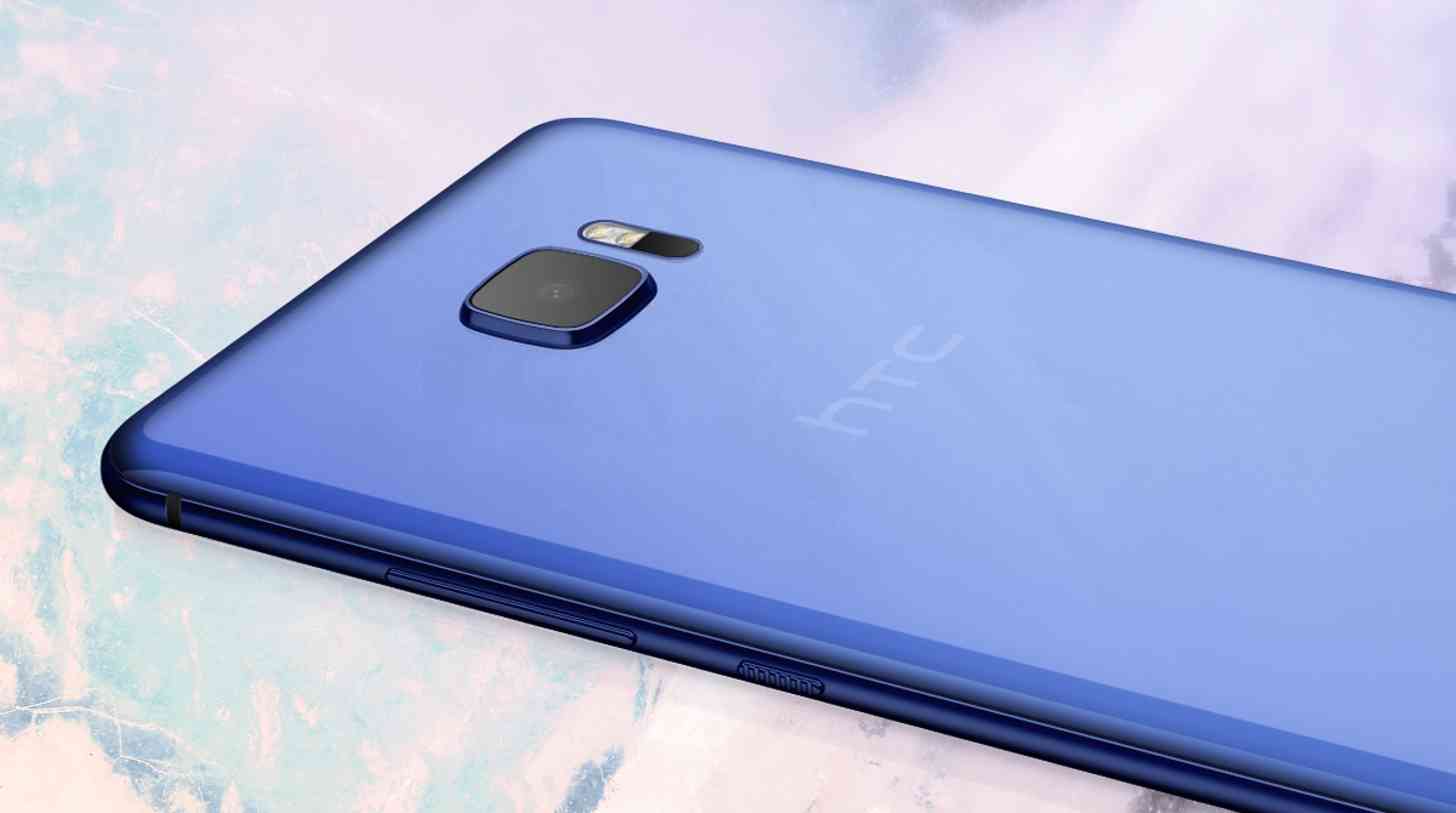
I’ve owned a lot of phones by HTC. I’ve had the HTC Touch Diamond, Snap, Hero, EVO, EVO Shift, EVO 3D, myTouch Slide, One M7, and One M8. Not all of them were consistently amazing, but it was clear that HTC was keen on pushing the envelope in the smartphone space. Every year I looked forward to seeing what the “Quietly Brilliant” company had cooked up. Recently, though, I find that I’m no longer excited for HTC products. For the most part, I’m confused.
Admittedly, I didn’t pay much attention to HTC after concluding that the EVO 3D was little more than a headache-inducing gimmick. The smartphone market became increasingly competitive, and other manufacturers had better specs, better marketing, and better pricing than HTC. HTC just wasn’t innovating like they had before. That is, until the M7 came along.
The M7 was a game changer for me – for Android, even. It had a slick aluminum finish, making the M7 the most beautiful looking Android phones I had ever seen. The front-facing speakers made sense, and they sounded great. The 4-megapixel “UltraPixel” camera was a bit gimmicky, and certainly not the best camera I had ever used (especially after the purple haze defect set in) but aside from that, I felt positively about the M7. HTC was back.
The M8, in retrospect, was a good follow-up. My biggest complaint about the device was that it had increased in size, but that was a personal reservation. The decision to keep the same UltraPixel camera may have hindered its success as well, but overall the M8 was solid. Again, I felt confident that HTC was figuring themselves out; the company seemed to be on the up and up.
And then the M9 happened. There wasn’t anything particularly jarring about the M9. I think the reason it flopped was because HTC tried to keep too much the same. There were some slight design differences between the M7 and M8, but hardly any between the M8 and M9, and while the design has generally been praised there were a couple of tweaks that could have been made to make the M9 a more aesthetically pleasing version of the M8. HTC finally changed the camera, but even the M9’s new 20.7-megapixel camera didn’t have the quality you’d expect from a flagship device. To sum things up, the M9 was mostly just “meh”.
We’re all allowed to have our bad days (or years) though, right? That appeared to be the case with the M9 once HTC unveiled the HTC 10 last year. The 10’s design wasn’t radically different from its predecessors, but its subtle changes were welcome: a larger display with about the same physical footprint of the M9, a new fingerprint sensor, and some permanent capacitive touch keys. HTC also put more effort into both of its cameras, with a 12-megapixel camera on the rear and a 5-megapixel camera on the front, both of which feature OIS. Along with proper spec upgrades, the HTC 10 appeared to steer HTC back on the track towards success.
Unfortunately, a limited (if any) marketing campaign, weird availability in the U.S., and extremely high price tags in many areas of the world ultimately made the HTC 10 what I considered to be the most forgettable flagship last year. The phone was great, just elusive, and in some cases an impractical purchase for the price.
This is where things get perplexing. While HTC hasn’t exactly stayed on the clear-cut “One” path it started with the original HTC One (M7), I’m not sure anybody was expecting to see the HTC U Ultra surface earlier this year in January, much less expect that it may very well become the company’s flagship for the year. Not only was the name different, but the design was radically different from the revolutionary design that practically made the M7. Instead of aluminum, the U Ultra is housed in glass, which I will admit looks pretty, but is anything but durable. It doesn’t support wireless charging, isn’t waterproof, uses a Snapdragon 821 processor, and doesn’t have a headphone jack. All of these things put together ultimately aren’t that bad until you find out that the starting price of this device is a whopping $750, which isn’t exactly what I would consider a good price for such a product.
I was willing to give HTC the benefit of the doubt when I had more hope that a true HTC 10 successor was in the works, but given that today’s “unexpected surprise” event turned out to be nothing more than an expensive limited edition U Ultra variant, I have no idea what to think. Even if there is an HTC 11, the time to announce and release it was now. Between the LG G6’s upcoming launch and generous promos, the approaching Galaxy S8 announcement, and anticipation for the iPhone’s 10th anniversary, I fear that HTC once again missed the boat.










